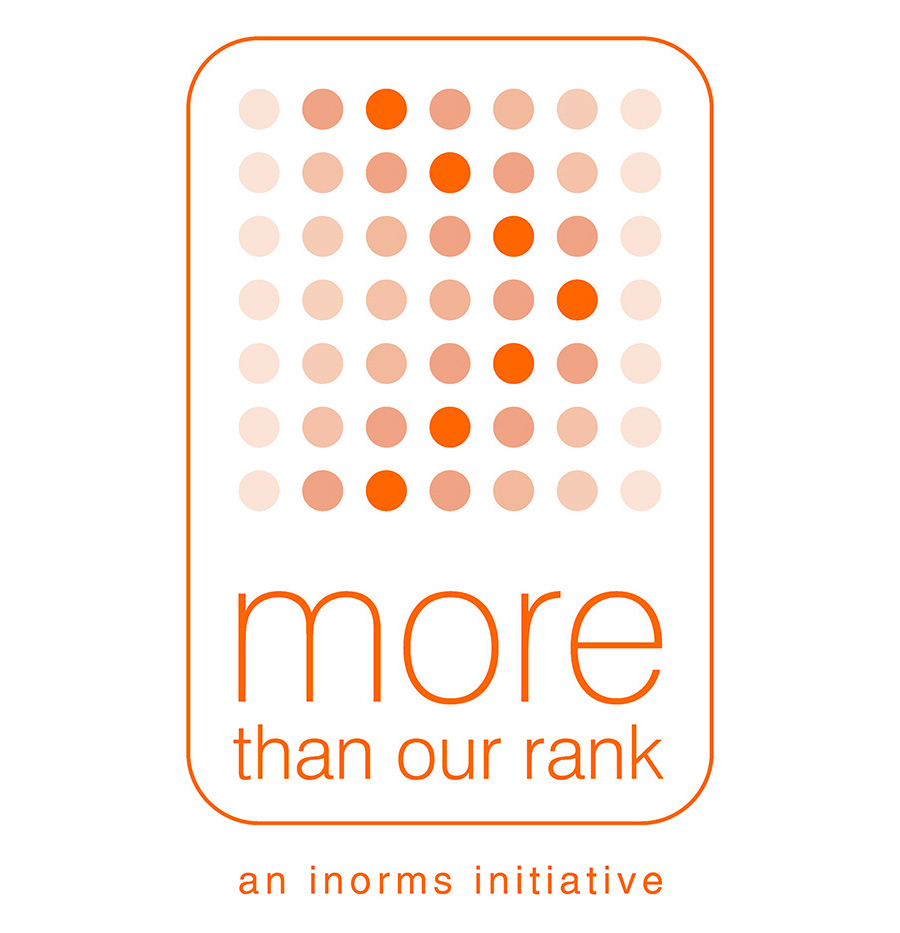At QUT we are so much more than our rank
QUT scores well across a variety of global and national university ranking exercises, and with good reason: the strength and passion of our talented people, the real-world focus of our research and teaching programs, and our unity of purpose have helped us compare favourably against the best in the world on any number of indicators. But we also excel in ways that these rankings do not detect, ways that are nevertheless highly valued by our staff, students and the community that sustains us. That's why QUT is pleased to participate in the international More Than Our Rank initiative.
A history of global rankings
Global rankings can be drawn on by students, parents, employers, governments, industry and funding bodies - sometimes in ways that are not entirely substantiated by the methods that underpin them. It is widely acknowledged that global university rankings tend to reward older, wealthier, larger, research-intensive institutions in rich countries. Like all Australian public universities, QUT enjoys a degree of unearned advantage derived from decades of public investment by a prosperous nation in our people, programs and facilities. Even a perfectly designed ranking system would be unable to properly identify all the highly valued contributions that global universities make to their graduates and their communities, let alone compare them fairly. As a university committed to equality, diversity and inclusion, and responsible research assessment, we believe it is important to acknowledge these limitations of global rankings.

Acknowledging successes
At QUT we are so much More Than Our Rank across many dimensions. For example, the rankings do not acknowledge our programs to engage and support Indigenous Australian staff, students and community such as Campus to Country and our Indigenous Australian Research Strategy. They fail to capture the length of the pipeline of our industry-engaged research partnerships, or the scope and depth of our work-integrated learning programs. They only partly register our achievements in widening participation in higher education, missing the work we do in schools to encourage further study (whether at QUT, another university or at TAFE). Some rankings count our first in family students but miss the significance of those who are first in their street or their neighbourhood, or who are parents whose university experience transforms the attitude of entire families and communities. They cannot measure the life-changing opportunity afforded those who are returning to reskill after redundancy, or who are engaging for the very first time after years in the workforce.
Identifying gaps
Rankings do not pick up the recognition that QUT staff, students and graduates earn in a wide range of ways, from leadership of scientific societies to winning literary and artistic prizes, from appointment to senior courts of law to election to political office. They fail to acknowledge the huge impact and sheer volume of our experts' contributions to public policy – including expert evidence to parliamentary inquiries and legislative development, advocacy to national and global regulatory bodies, and advancing public understanding of complex scientific and social issues through journalism – on a vast array of topics, such as airborne transmission of SARS-CoV-2, voluntary assisted dying legislation, better management of the fragile Great Barrier Reef, and domestic violence prevention, to name just a few.
So while QUT is proud of our standings in the various rankings, we recognise that their limitations mean they can never capture the texture of what it means to be a university - and certainly not what it means to be QUT. We urge all users of global rankings to recognise that universities are so much More Than Their Rank.